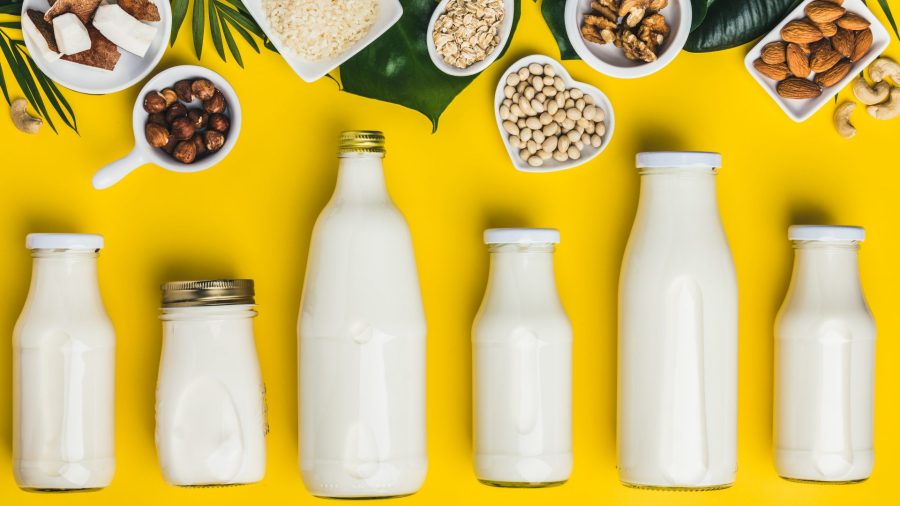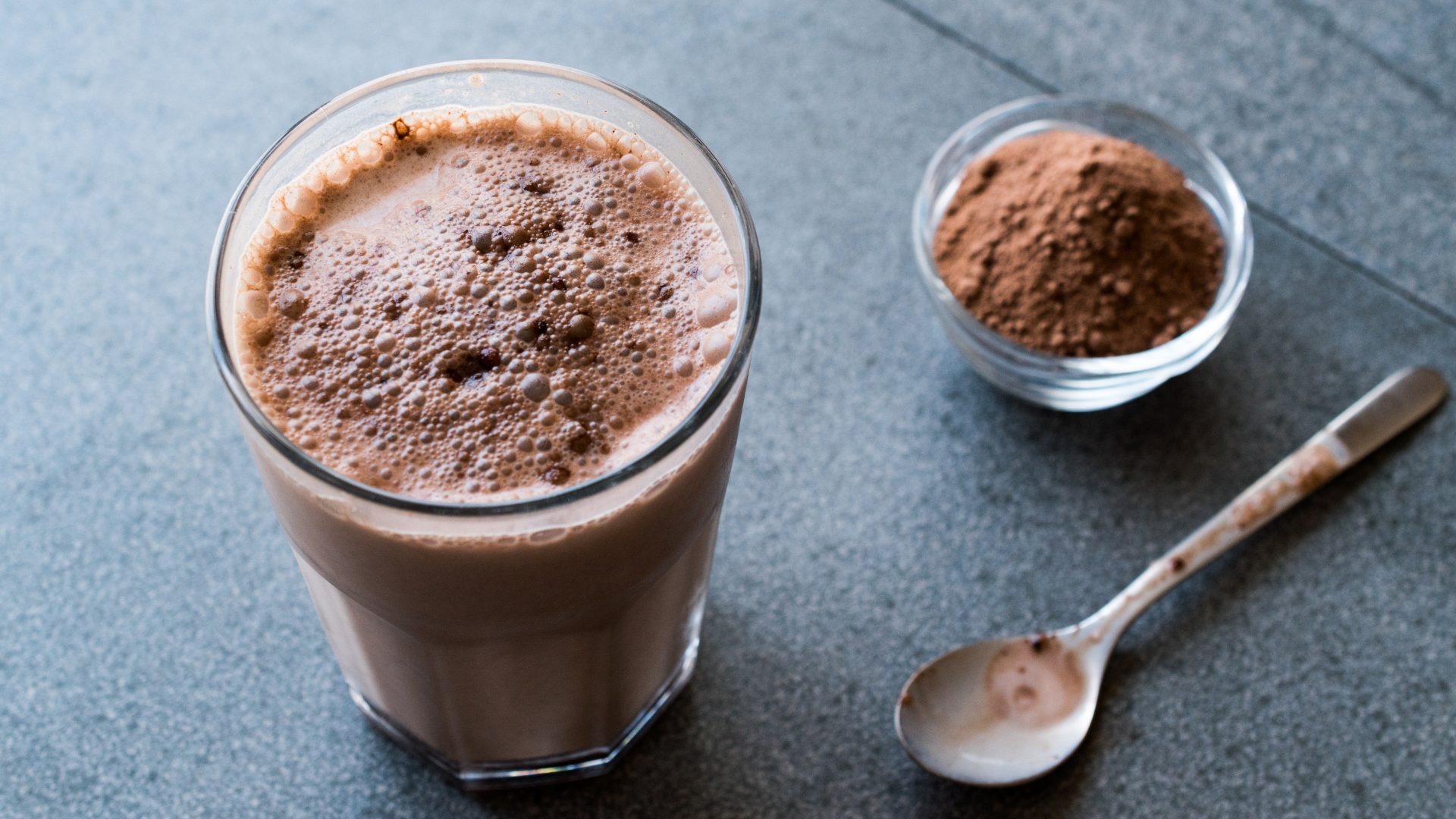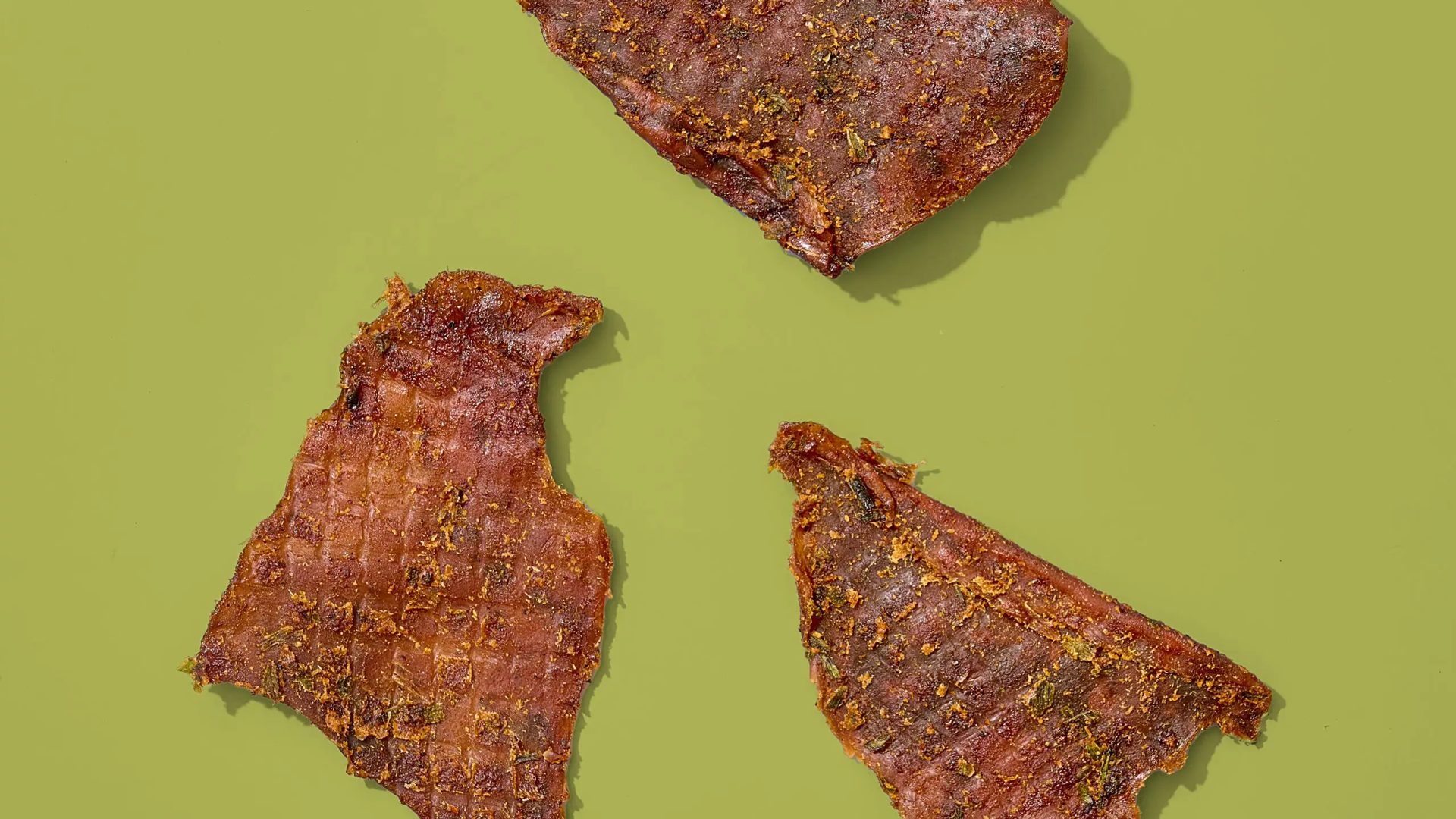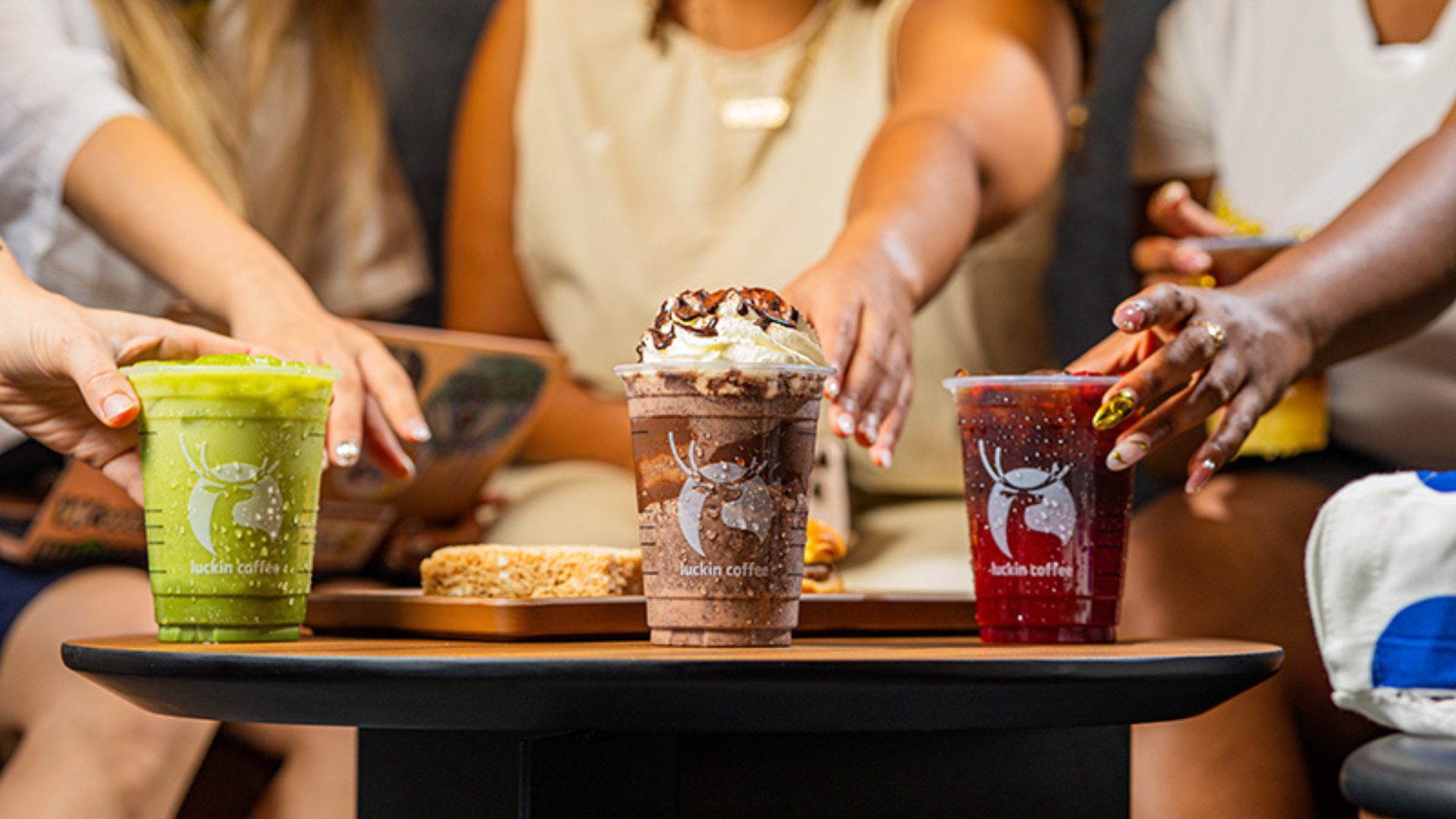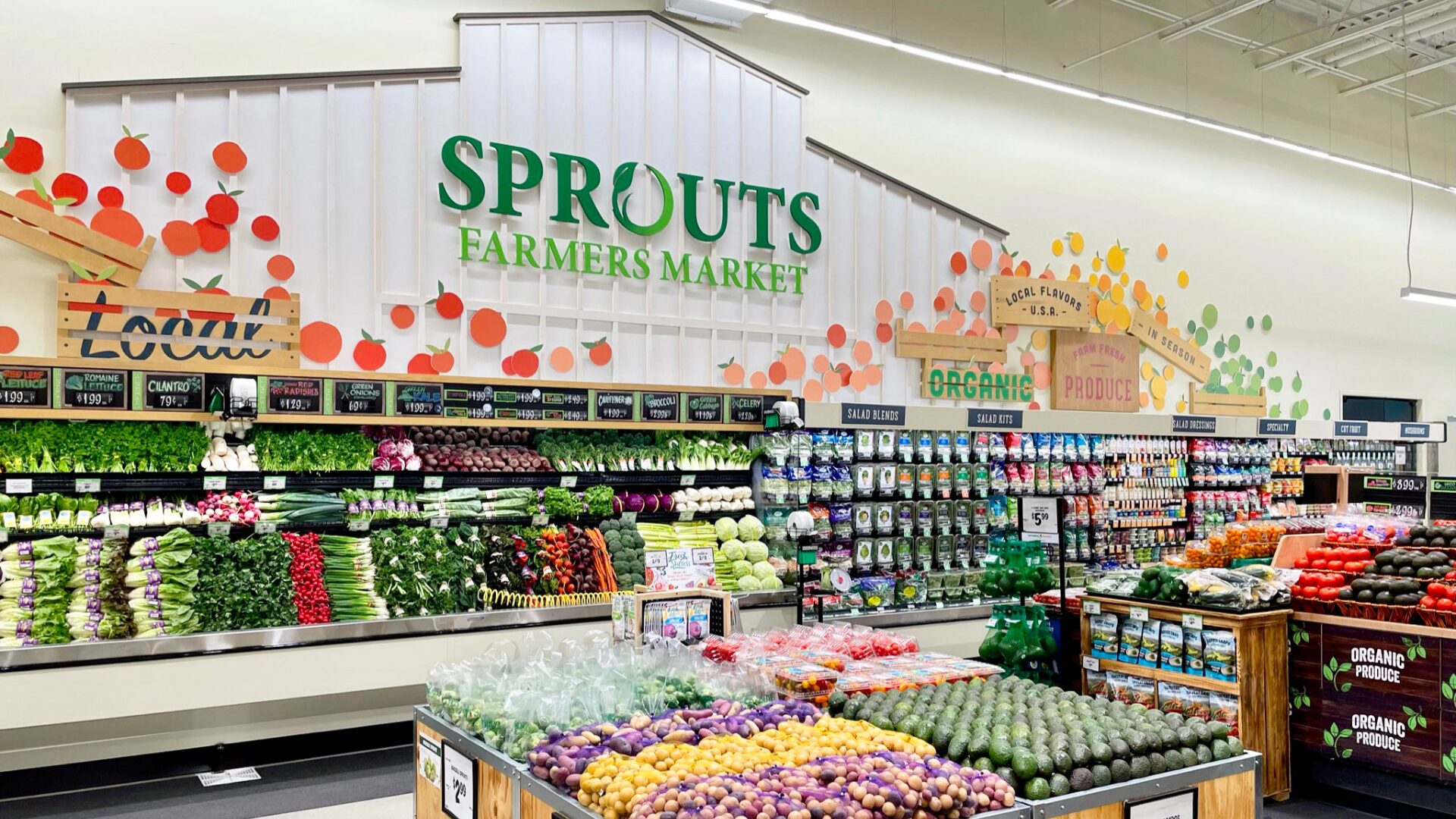As Americans grow ever more enamored with alternatives to milk, cream and other dairy-based items, Nestlé USA has decided to make a major investment in the sector with a $675 million beverage facility in Glendale, Arizona, that it hopes to put into operation in 2024, the company announced.
Nestle already makes a number of products from rice, oat, soy, coconut and almonds, including a nondairy Häagen Dazs ice cream, Natural bliss coffee creamers in the U.S., Nesfit rice- and oat-based drinks in Brazil, Milo in Australia and plant-based Nescafe cappuccinos and lattes in Europe and Oceania.
The Glendale plant, which is expected to employ 350 people, is to produce creamers under the Coffee mate, Coffee mate natural bliss and Starbucks brands. Other products may be added later.
“Beverages play an increasingly important role in the lives of consumers, a trend that’s been accelerated by the pandemic and is expected to continue to grow. This investment illustrates our continued commitment to leading and growing categories where we play, providing consumers with a variety of high-quality, innovative products to meet their needs,” said Daniel Jhung, beverage president at Nestlé USA.
The investment comes at a time when interest in plant-based foods is growing. Bloomberg Intelligence has predicted the market will exceed $162 billion within a decade.
“A key challenge [for a large company like Nestlé] will be perceived authenticity – demonstrating that the brand isn’t just jumping on the bandwagon but is dedicated to providing options for every consumer,” John Carter of Jump Rope Innovation told The Food Institute.
Since 2020, Nestlé, which has 14 U.S. plants, said it has spent nearly $3 billion to build new facilities and expand existing factories.
The 630,000-square-foot, 143.6-acre site just outside Phoenix was selected in part because of $7 million in promised state tax subsidies if Nestlé follows through on its hiring promises, the Arizona Commerce Authority said.
The facility is to be designed with sustainability in mind, including a water recycling process to reduce usage, zero waste to landfill and fully recyclable packaging – part of the company’s effort to have no environmental impact by 2030 – and a goal of 100% renewable energy by 2025.
Hiring is to begin this summer.
The company also is planning a $25 million Medford, Wisconsin, bakery that is to produce gluten-free products.


